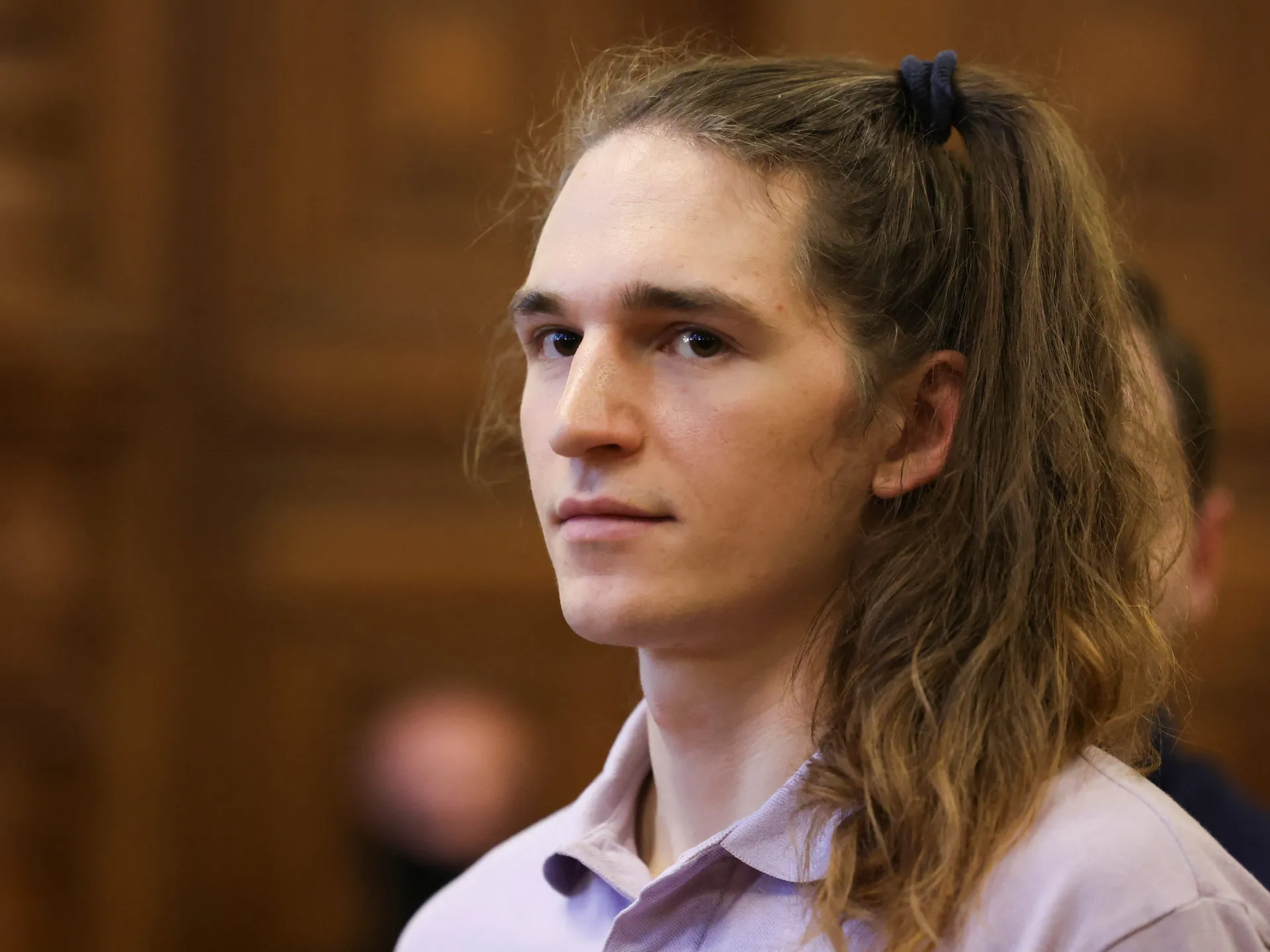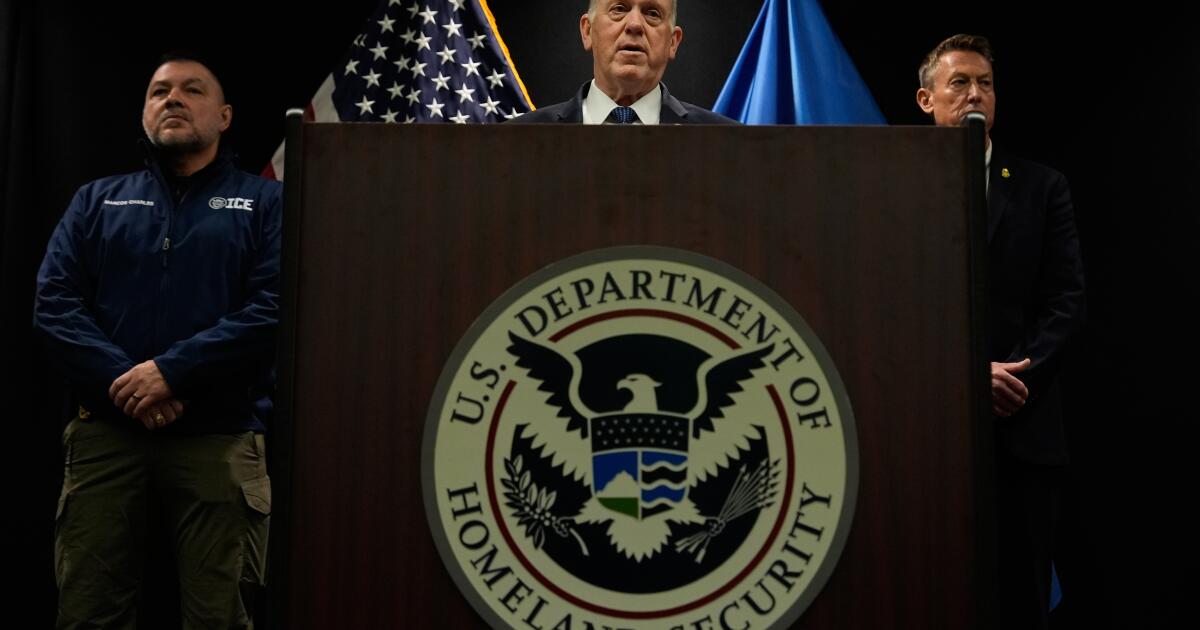Hungary jails German activist for eight years over far-right rally attacks | The Far Right News
Maja T was part of a group that attacked participants at Budapest’s ‘Day of Honour’, a major neo-Nazi event.
Published On 4 Feb 2026
A Hungarian court has jailed a German anti-fascist activist for eight years for attacking participants at a far-right rally in Budapest.
Maja T, 25, was sentenced on Wednesday after being convicted of involvement in violence ahead of the annual “Day of Honour” commemoration in Budapest. The event is one of the biggest neo-Nazi rallies in Europe.
The defendant was accused of attempted aggravated bodily harm causing life-threatening injuries and assault committed as part of a criminal organisation.
“We all know what verdict the prime minister of this country wants,” Maja T told the court before the guilty verdict was given.
Hungarian Prime Minister Viktor Orban has previously designated anti-fascist groups linked to the attacks as “terrorist” organisations.
Orban’s spokesman, Zoltan Kovacs, welcomed the sentence in a message on X, branding Maja T an “antifa terrorist” – a reference to the left-wing protest movement.
Maja T was extradited from Germany to Hungary in December 2024. Supporters of the activist have criticised detention conditions, as well as the chances for a fair trial in Hungary.
Last year, Germany’s Constitutional Court ruled that the extradition was unlawful because it could not be guaranteed that the defendant would not be subject to inhumane or degrading treatment in Hungarian custody.
Maja T’s father, Wolfram Jarosch, said the sentence confirmed his “fears” before the hearing. “This was a political show trial,” he said in a statement.
The conviction can be appealed.
Far-right protest
Prosecutors said Maja T was one of 19 members of a multinational far-left group that travelled to Hungary and attacked nine people, including German and Polish citizens, whom they identified as far-right extremists. Victims of the attack suffered broken bones and head injuries.
The annual rally in the Hungarian capital marks the failed attempt by Nazi and allied Hungarian soldiers to break out of Budapest during the Red Army’s siege of the city in 1945.
A number of people accused of participating in the 2023 “Day of Honour” attacks have been tried in Hungary and Germany. One woman received a five-year prison sentence in Germany.
Italy and France have refused to surrender two suspects to Hungary, with courts in both countries citing the risk of “inhumane treatment” in prison.

